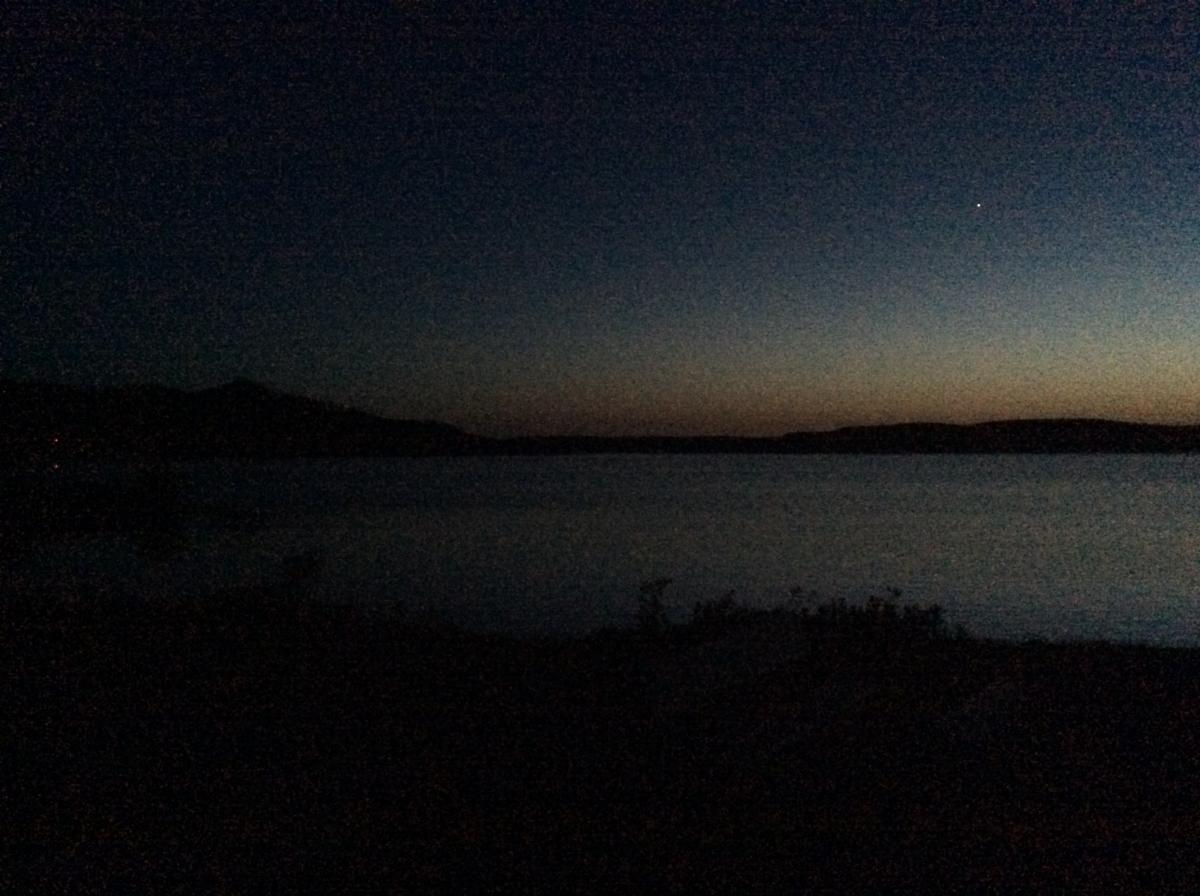Sermon - Oct 28, 2018 I want to see again

I want to see again
Christianity is a complex bit of business. From its very beginnings, the followers of Jesus have had to make choices. How to present the gospel to those who were either indifferent or openly hostile to the notion of God in human form - dead on a cross, but wonderfully, incredibly risen from the grave. Finding the right manner of proclamation meant sharp arguments and new ways of living, thinking and being. Put a radical new idea in the midst of an empire near the end of its life, and you can be sure that chaos will result.
Critics blame Christianity for the chaos. Sometimes that accusation is merited, because when the time came that Christians found themselves in positions of power - no longer fighting against the empire, then we were free to publicly fight amongst ourselves.
Christians, once they tasted power, wanted naturally to consolidate that power, and that’s when the fun begins. Christianity soon fractured itself - Eastern and Western branches, divided over definitions of the one who defies definition. And then, spectacularly, came voices crying for reform.
For the sake of precision, we have described a particular moment, in a particular German Church, as ‘the beginning’ of the Reformation, but Luther’s public challenge was just one very memorable step in a long journey toward yet another time of division. It didn’t have to be like this. Luther wanted change, but within the bounds of the traditions that had nurtured and trained him. The cry for reform brought something else altogether; new rituals; new traditions; new expressions of faith that some would say were incompatible with what had been. Just as it was with the first followers of Jesus. Just as it was with Jesus himself.
The call for reform doesn’t start with Jesus. Israel’s prophets had been pleading for change for centuries. Jeremiah’s tale of covenant made, rejected and renewed is not news - it is God’s constant refrain. The prophets remind God’s people of God’s eternal patience (against all odds) and they plant the seeds of hope that begin to bear fruit when Jesus begins his work in the regions around David’s city.
As Mark’s Gospel tells it, they had been on a grand tour, but their destination was always Jerusalem. And on the last leg of the tour, on the outskirts of Jericho, Jesus’ is accosted by a blind man. This man calls to Jesus - he calls for mercy - he appeals to the ancient promises that flow through an ancient king. “Son of David, have mercy (pity) on me!” And with that, several interesting things happen - seemingly all at once.
The crowd tries to silence the blind man; Jesus chooses to honour his request - first for mercy (Bartimaeus is granted an audience), then with the gift of sight. Jesus - the (by now) famous miracle worker does not presume to know what this man needs, but he asks him “What do you want me to do for you?” Bartimaeus asks for his sight to be restored. This might seem like an ‘ordinary’ healing, but there is nothing ordinary about this.
Think about it - Bartimaeus wants to see AGAIN…he hasn’t always been blind. In his current predicament, his fortunes have faded. He is outcast - easily ignored. The crowd of ‘ordinary folk’ try to shout him down - there’s nothing wrong with their eyes; they can see that Jesus is coming and they’d like the chance to either engage him or ignore him. They have their own ideas about what it means to be faithful. Jesus’ ideas are different. What they see is a danger to the faith. A renegade. A troublemaker. But the blind man sees more clearly than all of them.
This week, I am forced to see this healing story in terms of reformation. Not just because of some trick of the calendar, that sees this particular story fall on the last Sunday of October, but because events in the news draw my attention to the continuing need for reformation in our society. Political philosophies blind us to one another’s humanity. Political alliances blind our leaders to ethically questionable behaviour of so-called allies. Ancient prejudices still blind us to the Gospel assertion that “God so loved the WORLD…” - not just western democracy, not just affluent Christians, not just the hetro, caucasian, patriarchal system, but the world; the entirety of Creation. We have been given ample evidence, just in the last seven days, that many who dare to call themselves Christian still fail to appreciate the totality of that Gospel promise, and as a white, male, privileged Christian, I am compelled to call out with Bartimaeus; “Son of David, have mercy on me too!”
For as a follower of Jesus, I want my sight back. I want my vision clear so that I can see past my own tendency to judge; see through my own inclination to hate; I want Jesus to help me see the world as it really is, so I can begin to love the world as God has always loved the world. In a week where governments have excused (again) deplorable behaviour for the sake of Billion Dollar weapons deals, and political rhetoric has caused individuals to act out in destructive hatred against those who think, look and worship differently; in a week where you might think it better to be blind, I want to see again.
I want to see people as God sees them; beautiful and broken and brimming with hope. I want to see the world as Jesus sees it; Full of potential - groaning for God’s redemption. I want to see again, so that I can follow Jesus.
 St. John's
St. John's




